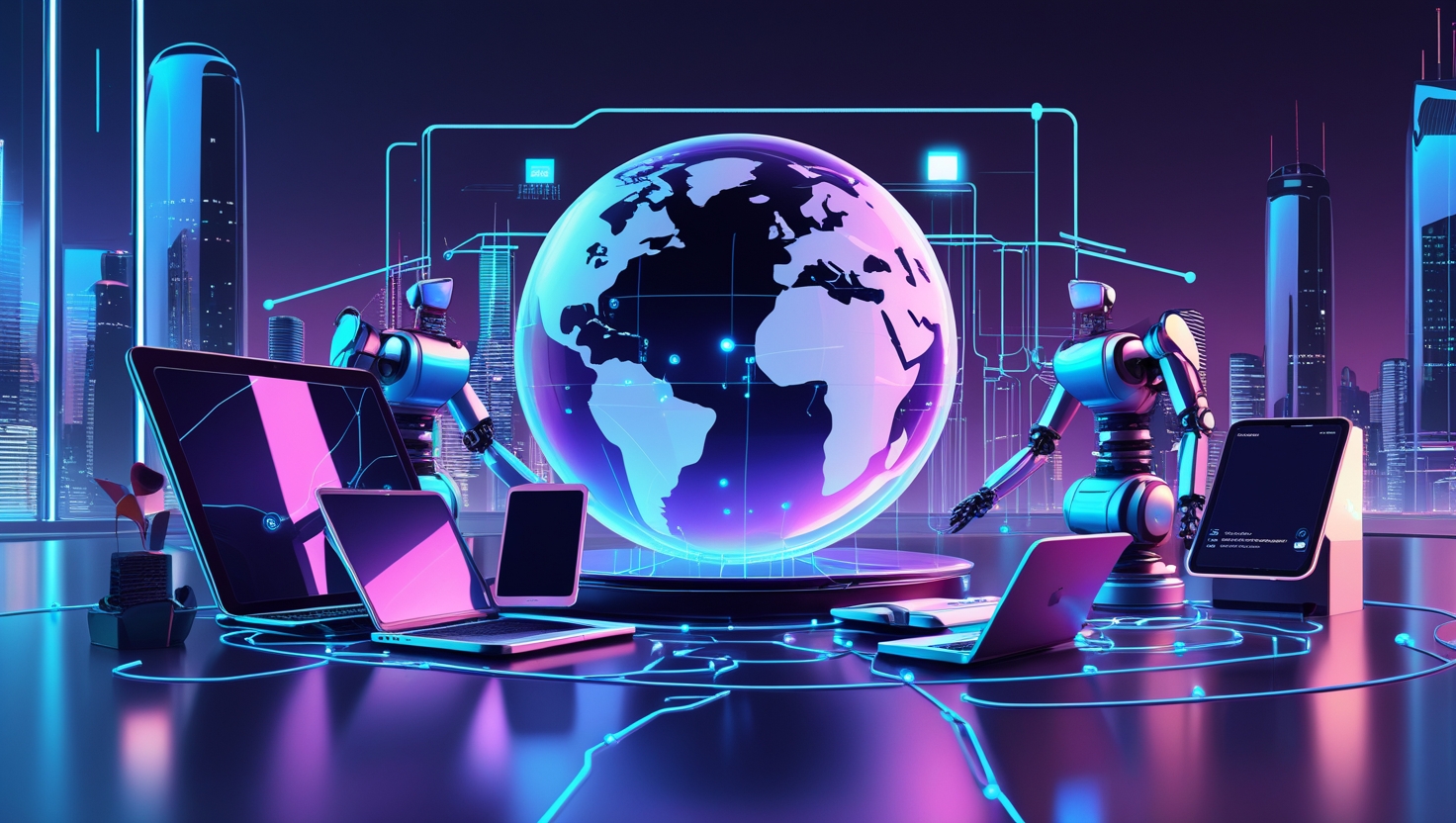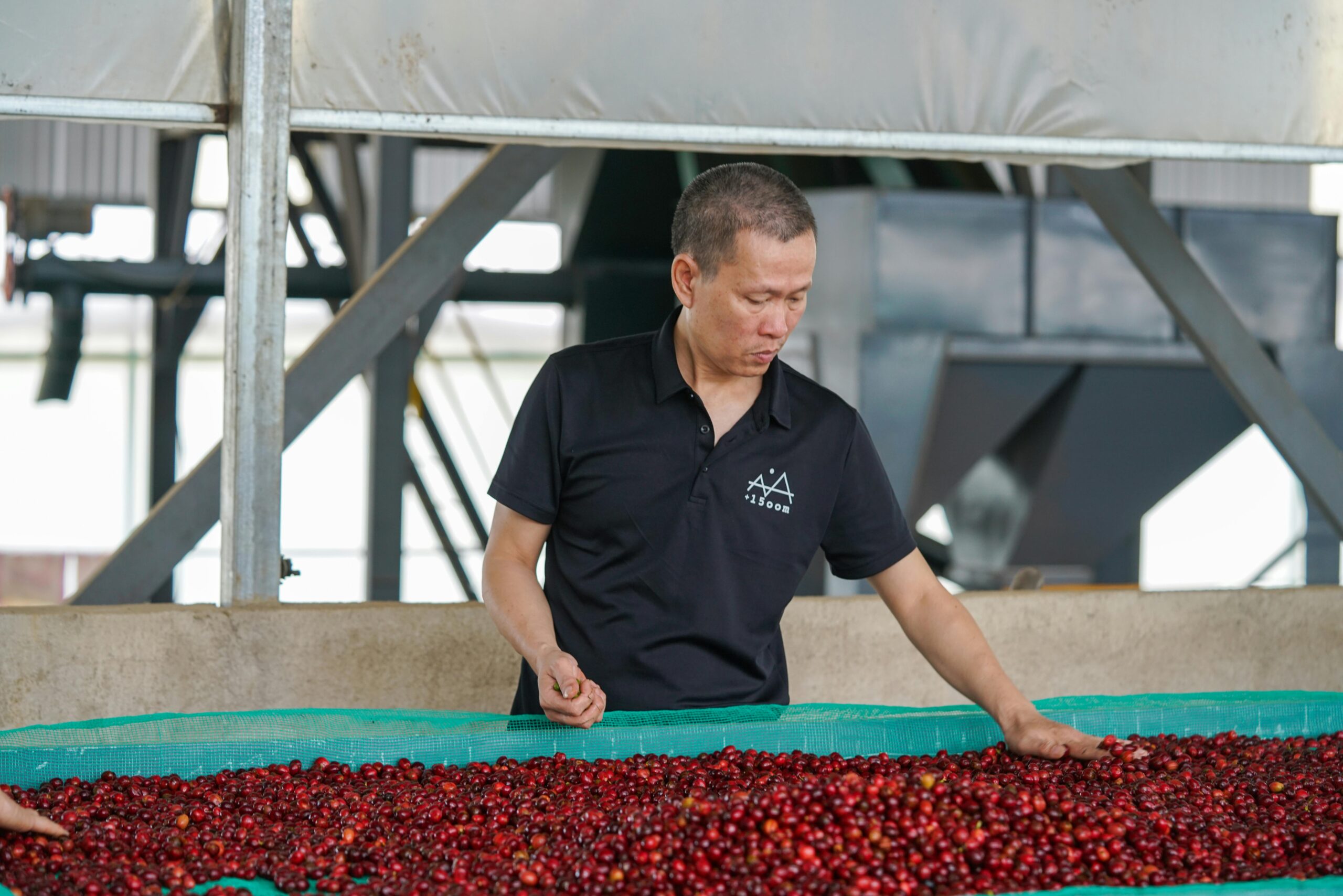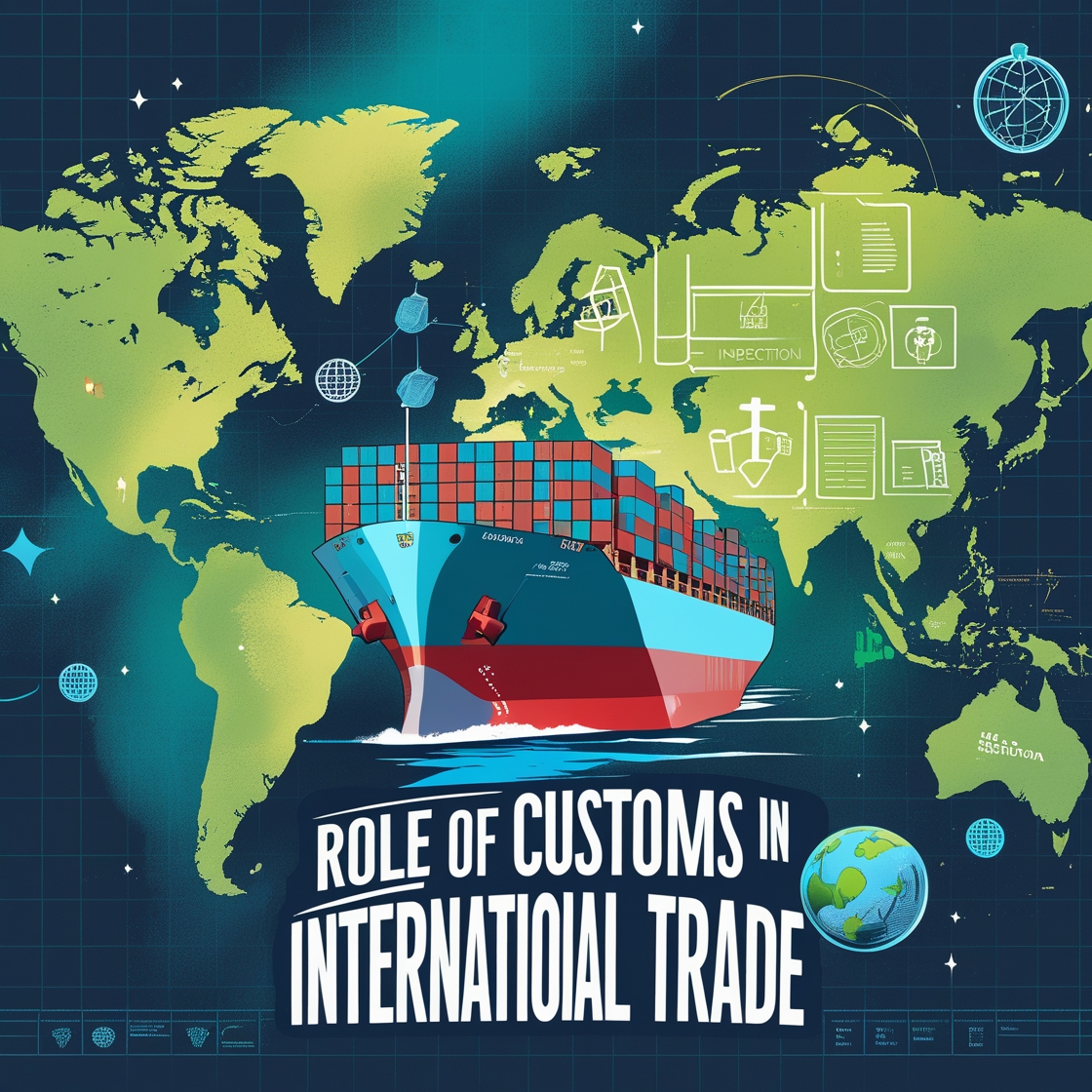Science and technology have brought revolutionary changes in every aspect of human civilization. The global economy has drastically changed since the Industrial Revolution. It brought about a massive shift towards international trade. The digital era of electronics and the internet has refined trade practices over time. It has changed how businesses operate and conduct transactions across borders. Now, businesses can access markets in different parts of the world easily. Here, we will discuss the role of technology in modern trade practices and its influence.
Modern Trade Practices with Technology
In the past, trades were not as widespread as the present times. Back in the day, the world was not as connected, and merchants were still discovering different parts of the world. But the industrial revolution has made it easier to travel between countries with ships having engines rather than relying on the waves and winds. Then came the digital age, where technology made it easier than ever to connect with people from around the world. Now, small and medium-sized enterprises can partake in global trade.
A 2022 study by McKinsey found that 40% of companies believe that digital technologies have a huge impact on the improvement of operational efficiency and trade activities. Digitalization has shortened the period of time for paperwork related to trades. It has made it easier to keep track of goods in transportation. Moreover, it has improved the overall logistics and reduced the cost of transactions across the world.
Key Technologies in Transforming Trade Practices
E-Commerce Platforms and Digital Payment Systems
E-commerce has connected business owners with customers from different parts of the world. Now, people can shop and take services from various businesses that are not limited by borders. Platforms such as Amazon, Alibaba and Temu have had far-reaching effects on global trade. They have essentially shaped the future of the retail market. In 2025, e-commerce contributes to almost 21% of the global retail market. The figure is expected to reach nearly 23% by 2027.
Artificial Intelligence in Data Analysis
AI has made it easier to go through numerous amounts of data within a short period of time. So, it is easier to predict fluctuations in various indicators with AI. Demand forecasting and pricing analysis can be easily done with the help of AIs. This will help businesses take measures to safeguard their interest by taking proper decisions. Statista predicts that the AI market in supply chain and trade will reach an approximate $243.70 billion by 2026. More and more industries are expressing their interest in adopting the new AI technology to make their businesses better.
Blockchain Technology
Blockchain technology has brought more security and transparency in the trading world. The ledger of blockchain technology keeps track of various transactions. The encryptions on blockchains are really hard to crack, making them less vulnerable to hacks. This will help in reducing risks. The WTO estimates that adopting blockchain technology on a scale will aid in reducing inefficiency which will boost global trade volume by more than 5% annually. Many companies related to global trade, such as Maersk and IBM, have adopted blockchain platforms like TradeLens. They are able to handle over 2 million shipping events yearly.
Real-Time Monitoring
Businesses have implemented IoT devices such as GPS trackers and smart sensors. These gather data in real time, giving details about goods during transportation. By using these devices, more accurate information on temperature, humidity and location can be derived. This will ensure products stay in the best quality during transit which will reduce waste and increase efficiency.
Benefits of Technology in Trade
Better Efficiency
The World Economic Forum has reported that adopting digital systems has cut custom clearance time by up to 90%. Digital systems have reduced paperwork, which has reduced errors and delays. Thus, custom processes have become a lot faster.
Cost Reduction
PwC study found that businesses that used AI saved 15% on logistics expenses. AI and blockchain have made systems efficient. AIs can do data analysis and predict the best route for the supply chain, which helps reduce costs.
More Accessibility
Even small and medium businesses can now access these cutting-edge technologies. They can take advantage of AIs to create their business model and run them efficiently. Anyone can start a business from any corner of the world with the help of e-commerce platforms such as Amazon and Shopify to cater to the needs of billions of people globally. As of now, Shopify supports 500,000 businesses globally.
Technology has made it easier than ever to do business. With the help of technology and proper implementation, businesses can grow at a breakneck speed. Just as e-commerce changed the shopping system in the early 2000s, AI is shaping the business landscape in the 2020s. So businesses should work with tech developers to develop even more efficient systems that will boost global trade even further.


